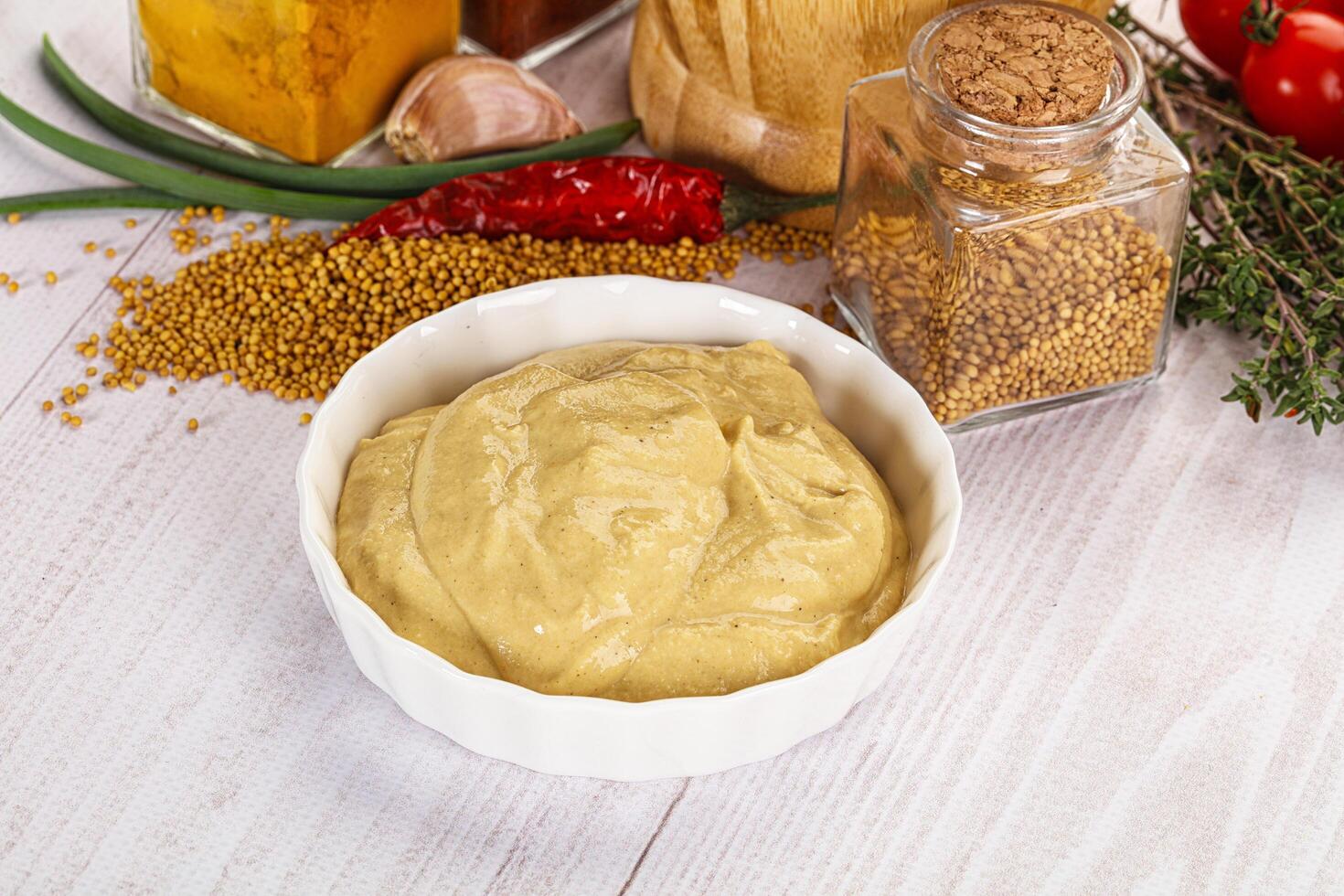Alright, so I was in the kitchen the other day, right? Tryin’ to whip up something for a pal who’s super careful about gluten. And the recipe called for mustard flour. My first thought was, “Hey, mustard’s just a seed, ground up. Should be fine, yeah?” Seemed pretty straightforward to me.

But you know how it is when you’re dealing with these dietary things. You start second-guessing yourself. So, I figured I better actually check this out instead of just assuming. I rummaged through my spice cabinet, found my little tin of mustard powder. The ingredients just said “Mustard Seed.” Okay, good start.
Then I thought, what about other brands? Or what if it’s not always that simple? I did a bit of poking around, you know, reading up on stuff. And generally, the word on the street is yeah, pure mustard flour, the stuff that’s literally just ground mustard seeds, is gluten-free. That made sense. It’s a single ingredient, coming from a plant that ain’t wheat, barley, or rye.
So, what’s the catch?
Here’s where my “practice” really kicked in. It’s rarely just a simple yes or no, is it? While the mustard seed itself is A-OK, the trouble can sneak in. I learned that you gotta be a bit of a detective with labels. Some companies, mostly with prepared mustards, not so much the pure flour, might add weird stuff. I saw mentions of some prepared mustards occasionally using wheat flour as a thickener, which is a big no-no for gluten-free folks. Or sometimes malt vinegar, which comes from barley – another gluten source.
Now, for mustard flour, the biggest thing I figured I needed to watch out for was cross-contamination. You know, if the place that grinds or packs the mustard flour also handles wheat flour, there’s a chance some gluten particles could get mixed in. It’s like, you think you’re safe, and then BAM, hidden gluten.
My Process Now

- First thing I do now is squint at that ingredient list. If it says “100% mustard seed” or “ground mustard seed” and nothing else, I feel a lot better.
- I also try to look for brands that specifically state “gluten-free” on the package. That usually means they’re a bit more careful about their sourcing and processing, which gives me some peace of mind.
- If I’m ever really unsure about a brand, or if the labeling is vague, I just skip it. Better safe than sorry, especially when I’m cooking for someone else.
So, yeah, the journey to figure out “is mustard flour gluten free?” was a bit of a mini-adventure. The short answer is usually yes, but the longer, more practical answer is “check that label like your life depends on it!” It’s just one of those things where you gotta stay vigilant. It’s a good reminder that even simple ingredients can have hidden complexities when you’re navigating food sensitivities.
